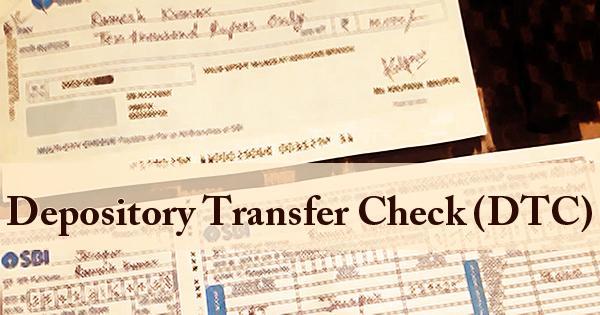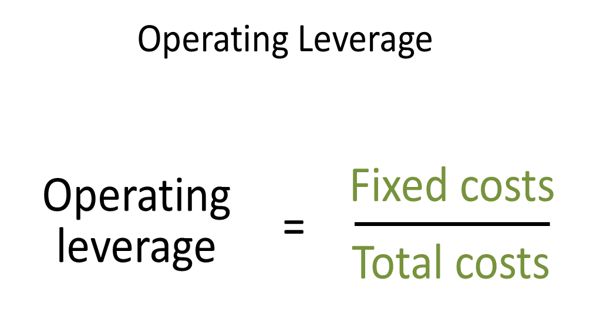Preferred shares (also known as ‘preferred stock’ or ‘preference shares’) are shares of a company’s stock with dividends that are paid out to shareholders before common stock dividends are issued. The shares are more senior than stock but are more junior relative to bonds in terms of claim on assets. Holders of preferred shares also are prioritized over holders of common shares in dividend payments.
Most preference shares (preferred stock) have a hard and fast dividend, while common stocks generally don’t. preferred shares shareholders also typically don’t hold any voting rights, but common shareholders usually do. Typically, venture capitalists looking to fund start-up companies invest in preferred shares or stock.
Preferred shares have a special combination of features that differentiate them from debt or common equity. Although the terms may vary, the following features are common:
- Preference in assets upon liquidation: The shares provide their holders with priority over common stockholders to claim the company’s assets upon liquidation.
- Dividend payments: The shares provide dividend payments to shareholders. The payments can be fixed or floating, based on an interest rate benchmark such as LIBOR.
- Preference in dividends: Preferred shareholders have a priority in dividend payments over the holders of the common stock.
- Non-voting: Generally, the shares do not assign voting rights to their holders. However, some preferred shares allow its holders to vote on extraordinary events.
- Convertibility to common stock: Preferred shares may be converted to a predetermined number of common shares. Some preferred shares specify the date at which the shares can be converted, while others require approval from the board of directors for the conversion.
- Callability: The shares can be repurchased by the issuer at specified dates.
If the company or organization is liquidated, participating preferred shareholders may additionally have the correct to be paid back the purchasing price of the stock still as a pro-rata share of remaining proceeds received by common shareholders. Convertible stock includes an option that permits shareholders to convert their stock into a collection number of stock, generally any time after a pre-established date. Under normal circumstances, convertible stocks are exchanged during this way at the shareholder’s request.
There are various types of preference share/preferred stock. The main types are:
- Cumulative – the company must cumulate all dividends and pay them to the preference share/preferred stockholder (usually at the end of that year), as long as the company is in profit.
- Non-cumulative – the company is not obligated to cumulate and pay dividends that they may have missed during any periods in which they made a loss.
- Participating – as well as receiving fixed dividends, this type of share participates in company profits with equity shareholders.
- Non-participating – these shares do not participate in company profits, they only receive fixed dividends.
- Convertible – shareholders have the option to convert their preference share/preferred stock into common shares.
- Non-Convertible – these shares do not give the shareholder the option to convert to common shares.
- Redeemable/callable – the company uses a call option to set a date and price at which they can buy the shares back from the shareholder.
However, a company or an organization may have a provision on such shares that permits the shareholders or the issuer to force the issue. How valuable convertible common stocks are is predicated, ultimately, on how well the stock performs.
Preferred shares offer advantages to both issuers and holders of the securities. The issuers may benefit in the following way:
- No dilution of control: This type of financing allows issuers to avoid or defer the dilution of control, as the shares do not provide voting rights or limit these rights.
- No obligation for dividends: The shares do not force issuers to pay dividends to shareholders. For example, if the company does not have enough funds to pay dividends, it may just defer the payment.
- Flexibility of terms: The Company’s management enjoys the flexibility to set up almost any terms for the shares.
Preference shares are an optimal alternative for risk-averse equity investors. Preferred stocks are typically less volatile than ordinary shares and offer investors a steadier flow of dividends. Also, preferred stocks are usually callable; the issuer of the shares can redeem them at any time, providing investors with more options than ordinary shares.
Information Sources:
















